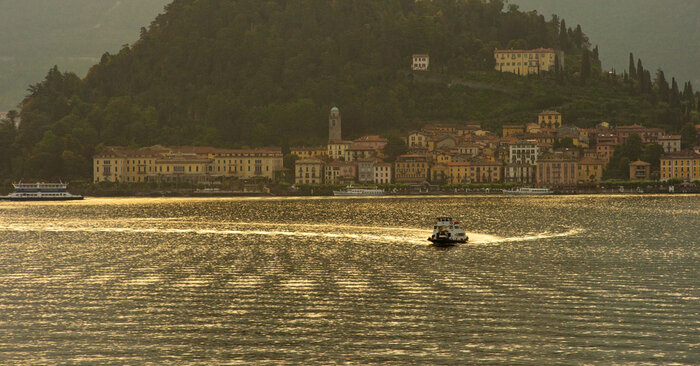As a traveler who prefers the off-season for its more affordable prices and fewer visitors, I try not to fly in July and August, at least in the Northern Hemisphere. I wait until fall when rates for flights and hotels normally plunge and crowds shrink.
Or they used to.
This year, hotels in Florence, Italy, in September were charging close to summer highs. I was priced out of Key West, Fla., in November, a historically slow month. Considering the eco-friendly resort Playa Viva near Zihuatanejo, Mexico, for the first week of December — long a bargain time to travel — I could find only one night available at rates below $500.
What, I wondered, happened to the off-season?
“September is the new August,” said Jack Ezon, the founder of Embark Beyond, a high-end travel agency based in New York City, explaining that the frenzy for European travel stretched the calendar. Nearly a third of his clients who regularly travel to the Mediterranean in July and August rescheduled for June, September or October.
“People are making choices to avoid the crowds and the heat,” said Virgi Schiffino Kennedy, the founder of Lux Voyage, a travel agency based in Philadelphia.
“I’m seeing summer rates creeping into shoulder season,” she added, noting that destinations like Santorini and Mykonos in Greece, which peak in July and August, “are now impossible to book in September.”
School calendars still largely dictate the biggest peaks in travel annually, but the dips are not as dramatic — in numbers and in rates.
“I think we’re at the beginning of a change,” said Henry Harteveldt, a travel industry analyst who runs the firm Atmosphere Research Group based in San Francisco, crediting flexible work schedules for the trend. “Summer will always be peak season, but I think we’ll see more off-peak travel in fall, winter and spring so those valleys may be less deep.”
The shoulder season surge
Travel is most certainly back — the World Travel & Tourism Council said the industry will recover 95 percent of 2019 activity this year — but it’s not a replica of prepandemic patterns.
Compared to 2019, global leisure stays were up 12 percent in spring 2023 at more than 230 Sofitel and MGallery hotels. Fall 2022 bookings were up 7 percent for leisure guests compared to the same period prepandemic.
“Booking shoulder season was once travel’s best-kept secret, but more people are catching on to the trend,” said Matt Berna, the president for the Americas of Intrepid…
Click Here to Read the Full Original Article at NYT > Travel…
